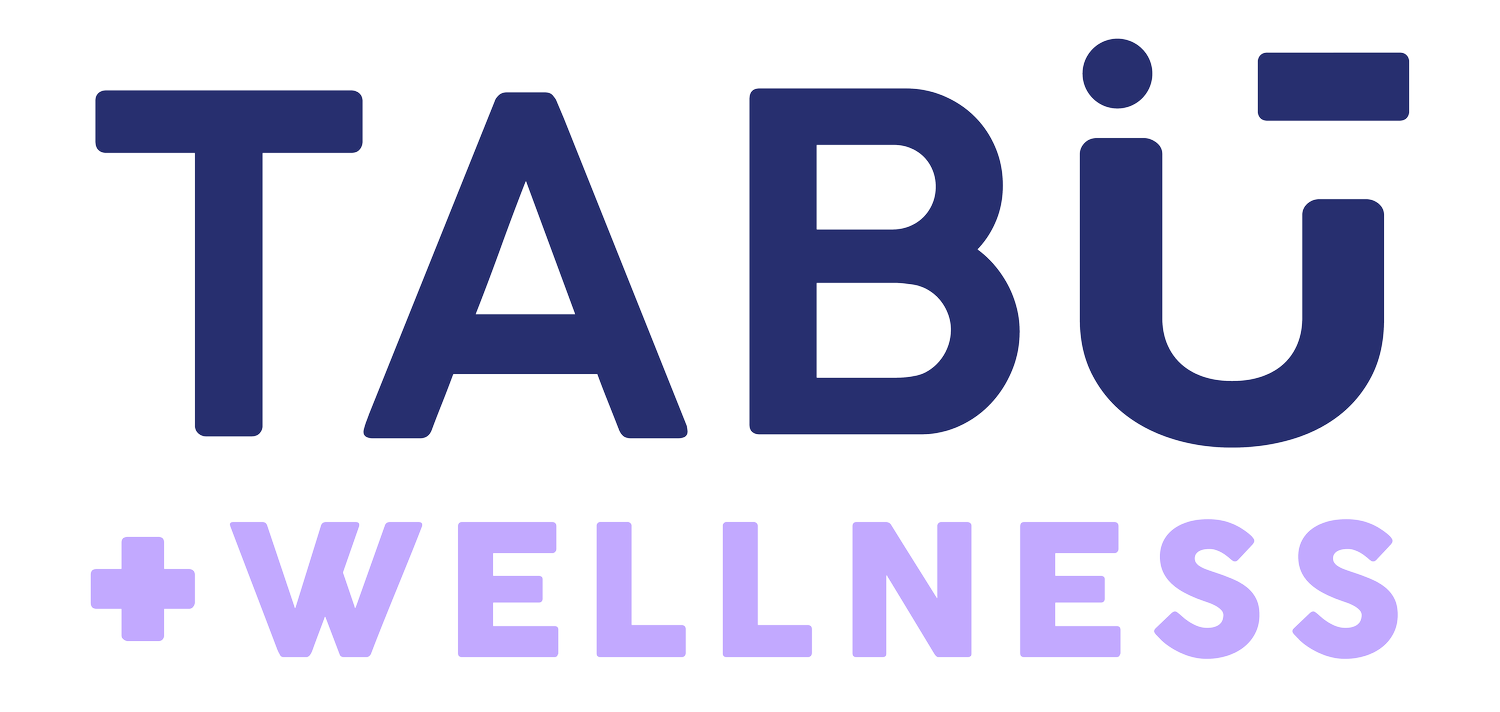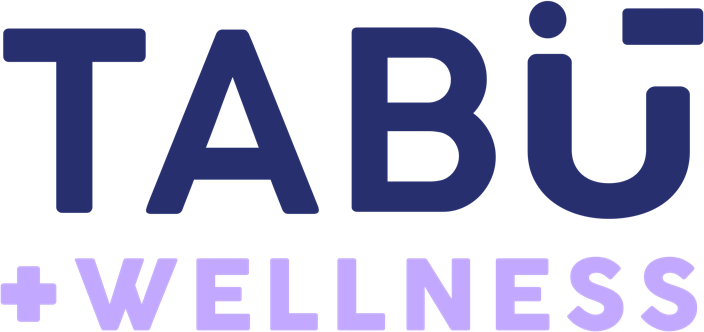15 Tips for Starting a Successful Podcast
The beginner’s guide to starting a podcast.
Creating a podcast can be a great way to connect with your audience and reach people in an entirely new way. Unlike TikTok or Instagram, a podcast gives you more time and space to go deeper on a topic and provide more context and understanding. Ready to start your own podcast? There’s no time like the present, so let’s get into it!
The Podcast
1. Define Your Niche & Your Why
Why are you starting a podcast? Define and refine the topic or theme for your podcast. What is it about? Who is your listener? The more niche your content, the easier it will be to reach your target audience.
2. Research Your Audience
Understand who your target audience is and what they are interested in. Think about topics that tend to come up a lot in session or the posts people resonate with when you share on social media.
3. Create a Catchy Title and Branding
Your podcast's title and cover art should be attention-grabbing and reflect your content. Consistent branding helps with recognition. You can use Canva to get started before investing in a professional designer.
The Setup
4. Invest in Quality Equipment
Invest in a high-quality microphone, headphones, and even lighting if there will be video. Good audio quality is crucial for retaining listeners and there’s only so much you can do to edit out background noise or scratchy audio (be aware of this for guests as well). However, you definitely CAN get started by using the Voice Memos app or equivalent and speaking directly into your phone. Using headphones with a mic can also work well! If you have guests, you can use platforms like Zencastr, Squadcast, Riverside, or Zoom to record.
5. Set Up Your Recording Environment
Along the same lines, find a quiet space with minimal background noise for recording. Consider using acoustic treatment (blankets, pillows, or foam panels) if possible.
The Logistics
6. Learn the Basics of Editing
Learn basic audio editing to clean up your recordings, remove mistakes, and add music or effects. Audacity, Adobe Audition, and even GarageBand are popular options. New AI tools such as Descript and Resound are worth checking out. You can also find podcast editors on Upwork or Instagram to take some of this work off your plate.
7. Figure Out Hosting & Distribution
Choose a podcast hosting platform to store and distribute your episodes. Popular options include Anchor, Castos, Ausha, and Podbean.
8. Plan Your Content & Be Consistent
Create an outline or content plan for your episodes. Decide on the format (will you be interviewing people? have a co-host? flying solo?), episode length, and frequency (e.g., weekly, bi-weekly). Stick to a consistent release schedule to build and maintain your audience's trust and expectations.
9. Write a Script (or at least an outline)
While not all podcasts require scripted content, having a rough outline or script can help you stay on track and make sure you hit all the points you want to communicate. Be flexible so it feels natural, but having a written outline will 1) help you prepare 2) stay focused. This can be especially useful to those of us who tend to get distracted and/or ramble. 🤭
The Promo
10. Get Out There and Share!
Leverage social media, your website, and email newsletters to promote your podcast. Collaborate with others in your niche for cross-promotion.
11. Stay Engaged
Encourage listener engagement by asking for feedback and questions. Address listener questions or comments in your episodes. This will keep your content fresh and relevant to your audience.
12. Make Sure People Can Find You
Optimize your podcast titles, descriptions, and episode notes with relevant keywords to improve discoverability.
The Nitty Gritty
13. Cover the Legal Stuff
Familiarize yourself with copyright and intellectual property laws. Use royalty-free music (from platforms like Artlist) and ensure you have the rights to any content you use.
14. Make Some Money!
Consider monetization options like sponsorships, affiliate marketing, or listener donations. But remember, building a solid listener base should be your primary focus as you get started.
15. Be Patient & Continue Learning
Building an audience takes time. Be patient and persistent, and don't get discouraged if you don't see immediate results. Continuously seek feedback and learn from your experiences. Most of all, be yourself. That’s why people are listening. You got this!
Starting a podcast can be a fulfilling creative outlet and a fantastic medium for educating people, but it also requires dedication and consistency. With the right approach and effort, you can create a successful podcast that resonates with your audience.
Mic check, mic check
Add your podcast to your Tabu Wellness profile today! A beautiful landing page for all your digital content and services — podcasts included. 😉



